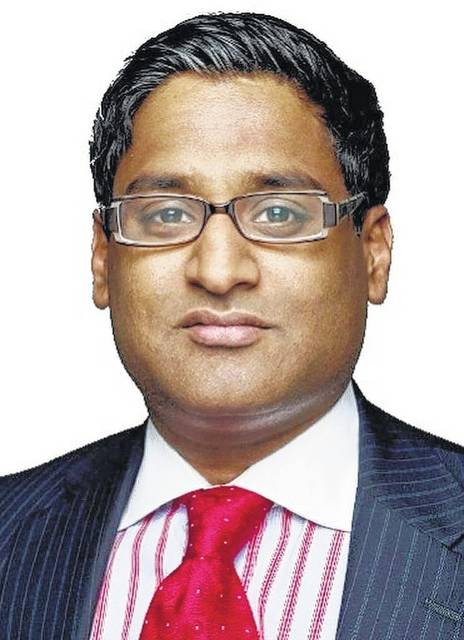
Sarah Huckabee Sanders, the White House press secretary, claimed this week that reporters often lie: “There’s a very big difference between making honest mistakes and purposefully misleading the American people. Something that happens regularly.” Her evidence for this accusation consisted entirely of a reference to a “number of reports that have taken place over the last couple of weeks.”
It’s a gross falsehood, but the truth is bad enough. Reporters have made some high-profile errors in recent weeks, and they have all tended to put the Trump administration in an unfavorable light.
ABC offered the worst example. Brian Ross claimed that Donald Trump had told his then-adviser Michael Flynn to talk to Russian officials before he was elected president. The network had to retract that claim, and suspended Ross for a month. The contacts actually took place during the transition. The initial story seemed to back up the claim that Trump colluded with Russia to defeat Hillary Clinton. The corrected one merely showed he was doing what incoming presidents do routinely.
Sanders said of reporters that “you are purposely putting out information that you know to be false.” There’s no reason to think Ross or ABC knew their story was false. No news outlet wants to put itself in the position of having to issue a correction. What appears to have been at work here was instead sloppiness and bias: the desire to run with a hot story as soon as possible, and a predisposition to believe the worst about Trump.
While most Americans trust the media more than they trust Trump, a lot of journalists feel besieged and frustrated. News organizations aren’t sure how to respond to the criticisms they are getting from the Trump White House and its allies.
Some media organizations are patting themselves on the back for no obvious reason. CNN’s “this is an apple” ad suggests that its reporting simply describes things as they are — apples as apples — contrary to what the disinformation campaigns would have you believe. The ad is misleading both about what CNN does and why conservatives dislike the network: It doesn’t just report plain facts, and most critics aren’t upset when it does.
We can debate what the 2016 election meant, but it didn’t signal an untapped market for more media smugness. Or, for that matter, for more media whininess. Yet CNN responded to a childish Trump tweet by charging him with “bullying” Don Lemon, one of its on-air personalities.
A lot of journalists are reacting to criticism not by pointing out when it’s unfair but by indulging in hysterics. When Trump tweets that TV networks’ licenses should be revoked because of their partisanship, he is attacking the First Amendment. When he says that various reporters should be fired, he’s not, even if his comments are obnoxious and would previously have been considered unpresidential. Too many journalists can’t tell the difference.
While the press could do more to combat bias and error, it can’t eliminate either. And conservatives too often react badly to the liberalism and fallibility of the press. Instead of consuming journalism with a healthful skepticism, they just discount stories they don’t want to be true.
Right now we seem to be caught in a destructive loop of biased journalism presenting itself as simple fact, corrosive distrust from conservatives, and cynical manipulation by a dishonest White House.
It’s not clear how to escape this cycle. But it is clear that the way the press is responding to Trump is not enhancing its credibility.


